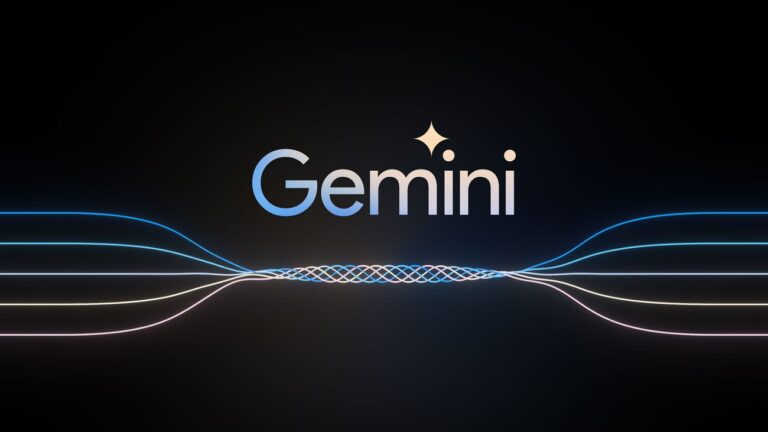Amazing success keeps Google blind to its weaknesses.
- Every step that Google takes to move its ecosystem forward is a step backwards for Samsung and the other hardware makers.
- The announcements at Google I/O (developer conference) are not ground breaking, but it is increasingly clear that Google is bent on domination of the digital world.
- It aims to do this by offering the best Digital Life services across all electronic devices, collecting the traffic and then monetising the data.
- Android for the TV, PC, automobile and wearable devices were all front and centre at the event but as usual the devil is in the details.
- For example, these systems are not nearly as compatible as Google would have us believe.
- For example, developers will need to port their Android applications if they want them to run on chromebooks.
- Every step forward that Google takes is a step backwards for the long suffering hardware makers.
- These companies cut each other’s throats in smartphones, tablets, PCs and TVs to put the best hardware in the hand of the user.
- From this hardware it is Google that makes the real return as lower priced but higher quality hardware means more traffic generated and more data for Google.
- The hardware makers are completely shut out from this data and revenue bonanza and this includes Samsung since its agreement with Google on January 27th 2014. (see here).
- Despite these developments, the Google ecosystem still has weaknesses and I believe that I/O has fallen short in a few areas.
- First: The Google user experience is still sub-par when compared against iOS or even Windows Phone.
- This is the main reason why usage is meaningfully lower and why I believe that user willingness to try something else is higher than Google would like.
- Google is trying to fix this by taking ever greater control of the user experience but this will take time, giving the challengers an opportunity to gain some share.
- Second: Gaming. This is a huge hole in Google’s portfolio of otherwise superb Digital Life services.
- Today’s announcements around bringing console quality gaming to Android indicate that Google has not really internalised the importance of this segment.
- Smartphone users spend 32% of their time on their phones playing games. Tablet users spend much more.
- The secret to this segment is to be the glue that provides the multiplayer functionality and the communication medium between gamers.
- It is there that the data collected and there that gaming can be monetised beyond the normal route of selling games for money.
- Google has so far declined to seriously address this segment and until it does, Sony and Microsoft have a chance to make greater headway with their own ecosystems.
- Third: Wearables. Google sees Android going everywhere but I suspect that wearable devices will be smaller, better, cheaper with longer battery lives if they run an RTOS rather than Android.
- Putting Android on a small sensor is like trying to cram full fat Windows 8 onto a smartphone. It does not work.
- The key for Google in wearables is not the wearables themselves but whatever system that collects and analyses the data.
- It will be that system that creates the valuable insights into the user and that system that provides the useful services.
- It is here that Google will be able to generate the user loyalty and stickiness that is so essential to keeping the advertising revenues coming in.
- This is where Google should be focusing its efforts in wearables rather than trying to put Android on every single device no matter how tiny.
- Fourth: While there are well over 1bn Android devices being actively used, Google only has access to a fraction of them.
- Take out non-GMS devices (where Google has no access) and Gingerbread (where the user experience is awful) and RFM calculates that Google has 421m users rather than the much-touted 1bn.
- Future versions of Android (such as “L”) aim to bring more devices into GMS but even in the best instance, China will remain a world of its own. Take Home Message
- It was good to see that Google still has a sense of humour with the release of its cardboard cut-out virtual reality googles and overall the company has had a good day.
- Its ecosystem is developing nicely and it is moving to address the most glaring of its weaknesses (except gaming).
- If it can fix gaming on top of all that, its position will become almost unassailable for the likes of Microsoft, Sony, Yahoo! and Amazon.
- As things stand today, they still have a chance.









Blog Comments
Google – The long game | Radio Free Mobile
June 30, 2014 at 11:34 am
[…] ← Previous […]